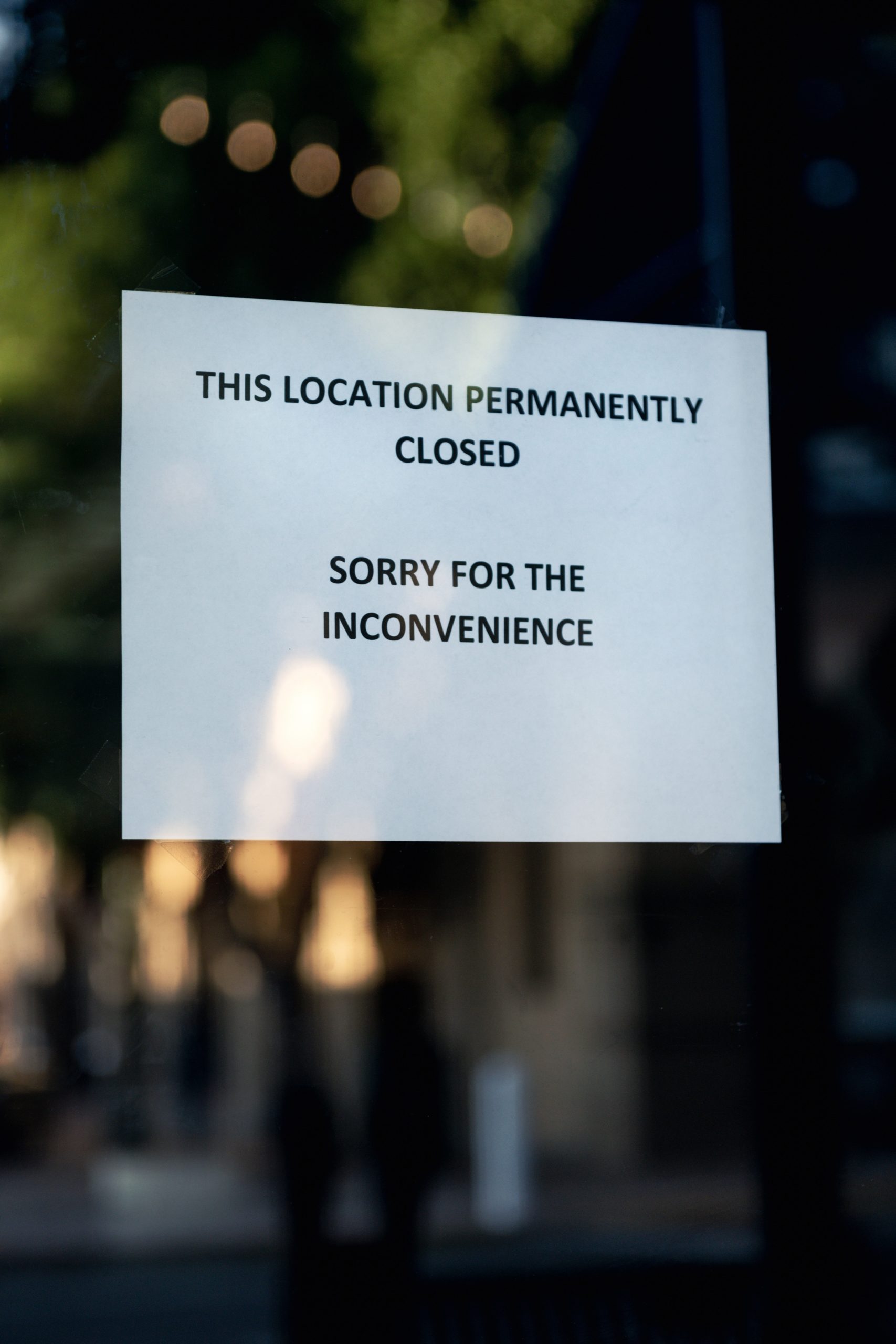Posts tagged suppliers
Anderson Economic Group, LLC Reports Strike-Induced Auto Industry Losses Exceed $9.3 Billion
October 26, 2023 // Anderson Economic Group, LLC, a boutique economic consultancy based in Michigan, has calculated that the 2023 UAW strike against Detroit’s three top automakers has surpassed $9.3 billion in economic losses for the auto industry. These calculations encompass losses through the fifth full strike week, which ended at midnight on October 19. These figures do not include plant closures, additional strike targets, or layoffs that took effect on or after Friday, October 19. These will be included in our loss calculations in the sixth and any successive weeks. OEM stands for Original Equipment Manufacturer, in this case referring to Ford, GM, and Stellantis.
Big Three automakers idle thousands of workers as UAW strike rages on
October 4, 2023 // Ford Motor on Monday furloughed 330 workers in Chicago and Lima, Ohio, adding to the 600 workers the automaker laid off last month at an assembly plant in Wayne, Michigan. General Motors, which on Tuesday reported a 21% increase in sales for its third-quarter earnings, has laid off more than 2,100 workers across four states. Stellantis (the parent company of Chrysler, Dodge, Jeep and Ram) has idled nearly 370 workers, Reuters reported, including 68 workers in Perrysburg, Ohio.

NLRB’S RADICAL JOINT EMPLOYER STANDARD WILL DESTROY SMALL BUSINESS AND THE AMERICAN DREAM
October 11, 2022 // The NLRB is pursuing a new joint employer rulemaking that has the potential to destroy small businesses, the American Dream, and the economy. Under this expanded standard, nearly every contractual relationship between businesses will trigger joint employer status, making businesses responsible and liable for the employment practices of their franchisees, suppliers, vendors, contractors, and subcontractors. Under this new rule, businesses will be forced to protect themselves against significantly more liability and obligations under the law. The franchise business model, for example, would be gutted, as the larger franchisor will move to end or limit their support to franchisees or exert increased authority over them, essentially turning those small business owners into employees. The new standard would also force larger companies to subsume local small businesses rather than work with individually owned enterprises, stifling entrepreneurship, business innovation, and flexibility. The expanded standard even hampers businesses’ efforts to encourage “corporate responsibility” among their business partners to the detriment of workers, consumers, and their communities.
